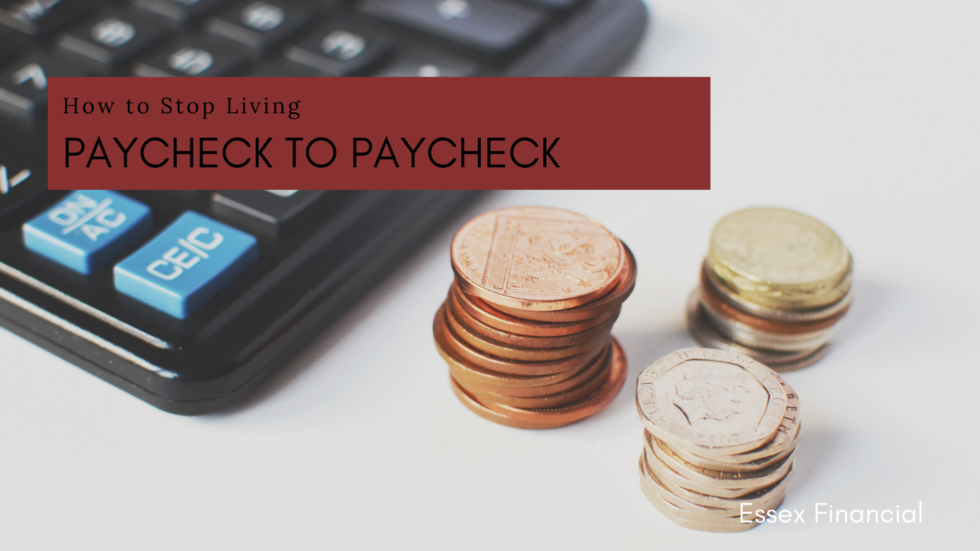More than half of Americans are living paycheck to paycheck, according to a recent survey from Charles Schwab. That means that millions of individuals and families in the country are bound by payday and would not be able to afford necessities and bills should they experience an emergency or find themselves unemployed. While living paycheck to paycheck can result in an endless cycle of financially-induced stress, there are ways to break the cycle and become more financially stable.
Make and Adhere to a Budget
Perhaps the most important advice for all working adults relates to a strict budget. While many individuals already try to stay within certain financial limits for expenses like groceries and clothing, in order to break the paycheck-to-paycheck cycle, it is important to identify how your money is spent each month as well as seeking reductions in your expenses. Calculate your total monthly income, identify the cost of your necessary expenses, and subtract the latter from the former. When crafting a new budget, you will want to assign each dollar a role and commit to it; roles can include food, transportation, bills, and savings. Sticking to your budget can help you build up a buffer in your account, stay on track, and reduce financial stress.
Get Rid of Debt
Though there is some debt that is beneficial, when living paycheck to paycheck, debt may cause a greater strain on your finances. Planning to pay off existing debt as quickly as possible and refraining from taking on new debt will help eliminate what you owe and gradually improve your credit score as well.
Cut Back on Non-Essentials
Focus on paying for true essentials—shelter, food, utilities, and transportation—before indulging in other expenses. This isn’t to say you can’t enjoy an occasional coffee or good meal, but learning how and when to cut back on non-essential purchases can save you a lot of money over time. Downgrading cable packages, pausing subscription services, and shopping at discount stores are things to consider. Keep in mind that these sacrifices are only temporary as you work to improve your financial situation; once you have a more secure grasp on your finances, you can see where you can afford to splurge a little.
DISCLAIMER: The securities and insurance products offered through Essex Financial Services, Inc. are not a deposit of, or other obligation of, or guaranteed by any bank, or an affiliate of any bank, are not insured by the FDIC or any other agency of the United States, the Bank or an affiliate of the bank and involve investment risk, including the possibility of a loss of the principal amount invested.


